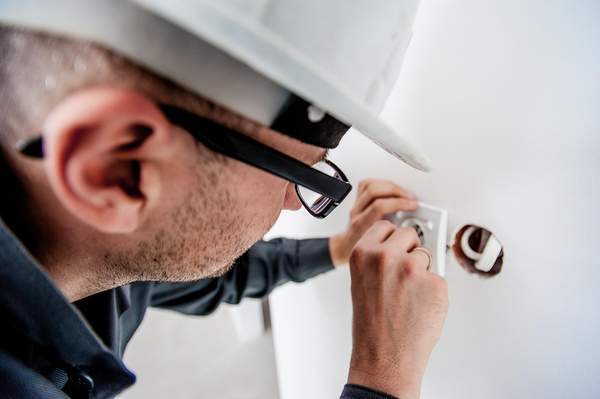Electricity powers our homes, yet it can pose unseen hazards if not managed correctly. Mastering your home’s electrical system is crucial for safety and efficiency. As experienced home inspectors, we are here to guide you through the essential aspects of electrical safety, ensuring your home remains a secure haven.
Understanding Your Electrical System
Your home’s electrical system is a complex network designed to distribute power safely. Key components include the service panel, circuits, and wiring. The service panel, often located in the basement or garage, is the hub where electricity enters your home. Each circuit connects to different areas or appliances, protected by breakers or fuses.
Ensure your service panel is easily accessible and clearly labeled. Regularly test circuit breakers and fuses to confirm they function correctly. Remember, breakers that frequently trip indicate a deeper issue that needs addressing by a professional.
Safety Measures and Best Practices
Adhering to safety standards is vital. Here are some tips to enhance electrical safety:
- Install Ground Fault Circuit Interrupters (GFCIs) in areas prone to moisture, like kitchens and bathrooms, to prevent electric shocks.
- Ensure your home has Arc Fault Circuit Interrupters (AFCIs) to protect against electrical fires.
- Regularly inspect cords and outlets for damage or wear. Replace frayed wires immediately to prevent hazards.
- Do not overload outlets. Use power strips with built-in circuit breakers for additional protection.
Familiarize yourself with the National Electrical Code (NEC), which sets the standard for safe electrical design and installation. Compliance with these regulations is non-negotiable for safety.
When to Call a Professional
While minor maintenance tasks can be handled by homeowners, certain situations warrant professional intervention:
- Upgrading the electrical panel to accommodate increased electrical demand.
- Rewiring or addressing persistent electrical faults.
- Conducting a thorough inspection before buying or selling a home.
Professional inspectors have the expertise to identify potential issues that may not be evident to the untrained eye, ensuring comprehensive safety assessments.
In conclusion, prioritizing electrical safety in your home is essential. By understanding your system and adhering to best practices, you can minimize risks. For a thorough inspection and expert advice, consider engaging professional home inspection services to ensure your home’s electrical safety and compliance with industry standards.

